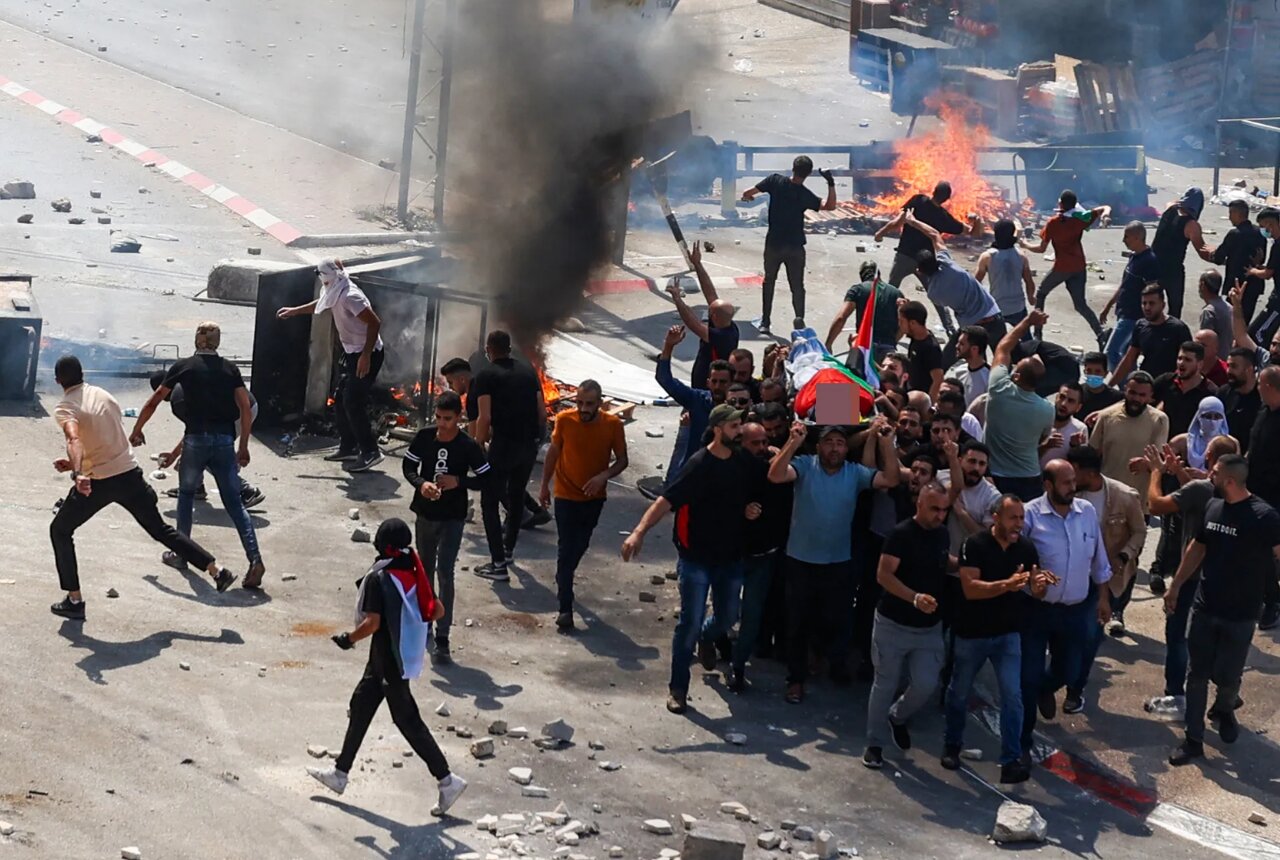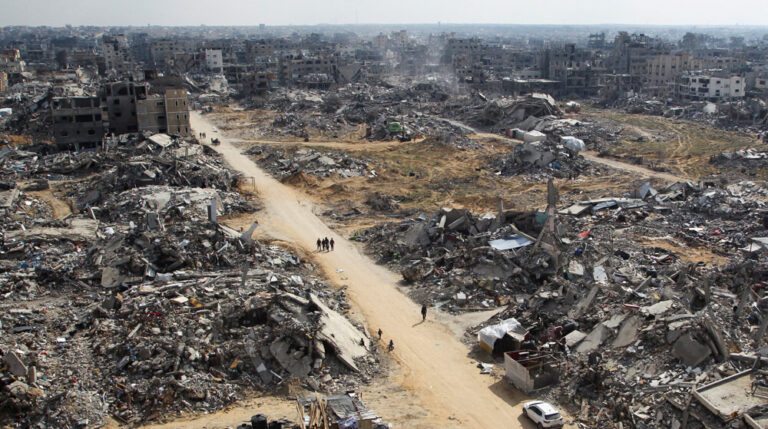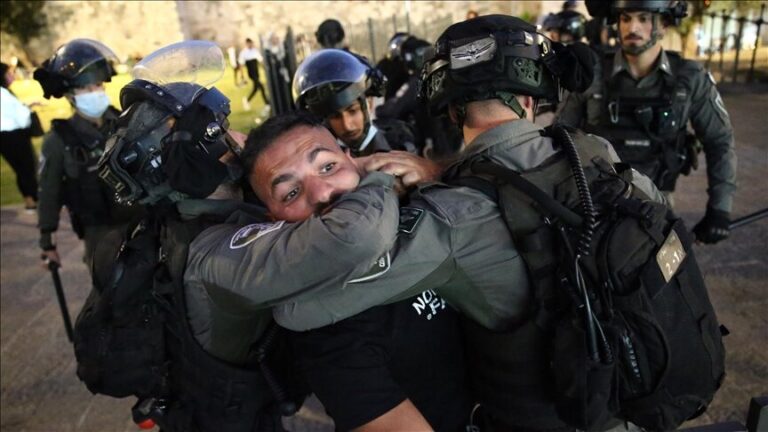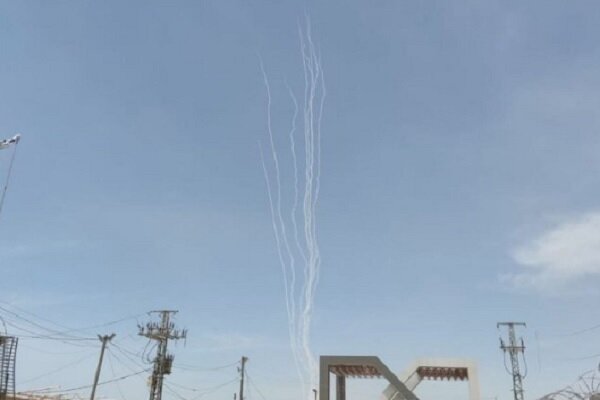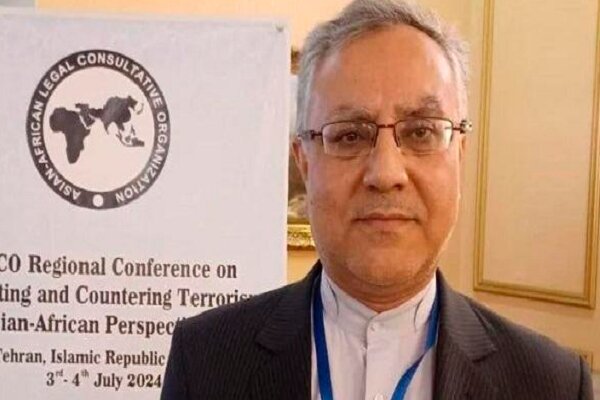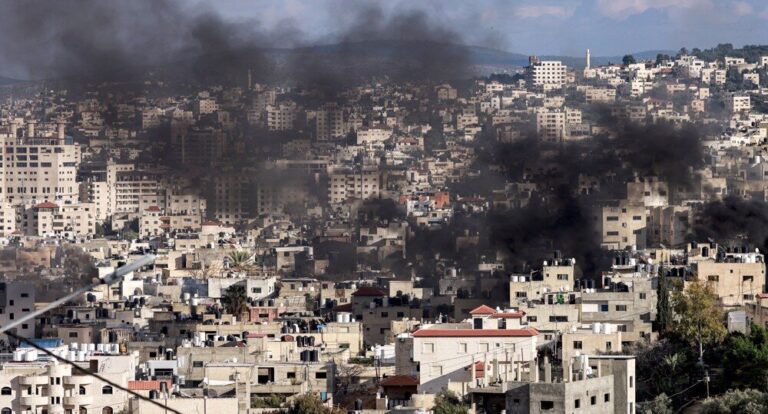UN Reports Majority of West Bank Casualties Occur in Northern Regions Amid Ongoing Conflict
In a recent report by the United Nations Office for the Coordination of Humanitarian Affairs (OCHA), it has emerged that over 90 percent of Palestinians who have lost their lives due to Israeli military actions in the occupied West Bank this year are concentrated in six northern governorates: Jenin, Tubas, Nablus, Tulkarem, Qalqilya, and Salfit. As the situation escalates, the humanitarian crisis deepens, prompting urgent responses from international organizations.
From March 5 through the previous Monday, Israeli forces reportedly killed nine Palestinians, including two children, and wounded at least 130 individuals, highlighting the severe impact of the ongoing conflict. The United Nations is actively engaged in providing essential aid to families displaced by the Israeli military operations.
According to the OCHA report, the humanitarian situation in the affected areas is dire. In particular, the city of Jenin is grappling with a significant water crisis, with at least 15,000 residents reliant on water trucking for their daily needs. This underscores the urgent need for adequate infrastructure and resources in the region.
Since the commencement of the Israeli military operation on January 21, humanitarian partners have made commendable efforts to alleviate the suffering of affected populations. These efforts include:
- Distribution of over 3,000 hygiene kits to ensure basic sanitation needs are met.
- Provision of around 320 water storage tanks to help improve water access.
- Deployment of 20 mobile latrines to address sanitation challenges.
- Supply of more than 1,000 solid waste containers to enhance waste management efforts.
The ongoing military operations have severely impacted the daily lives of civilians, leading to increased displacement and humanitarian needs. The situation calls for immediate action from international communities and humanitarian organizations to provide necessary support and resources.
The UN’s response to the crisis involves collaboration with various partners to ensure that displaced families receive food, clean water, sanitation, and health services. However, the scale of the crisis continues to overwhelm the available resources, making it crucial for global actors to step up their assistance.
As the conflict continues to escalate, the humanitarian situation remains precarious. The need for international solidarity and action has never been more critical. Humanitarian agencies are urging for an increase in donations and resources to support their efforts in providing relief to those affected by this ongoing crisis.
In addition to immediate humanitarian needs, long-term solutions must also be prioritized to address the underlying issues contributing to the conflict. Sustainable development goals should be integrated into humanitarian responses to build resilience among affected populations, ensuring that they are not only surviving but thriving in the face of adversity.
The international community must remain vigilant and responsive to the situation in the West Bank. Continued advocacy for the protection of civilians and the promotion of peace is essential. As the crisis unfolds, it is imperative that all stakeholders work collaboratively to find a resolution that respects the rights and dignity of all individuals affected by the conflict.
In conclusion, the report by OCHA paints a troubling picture of the humanitarian situation in the occupied West Bank. The urgent need for humanitarian assistance, coupled with the ongoing military operations, highlights the necessity for immediate action and long-term strategies to ensure the well-being of affected populations.
As this situation develops, it is crucial for the global community to rally together, providing support and advocacy for those caught in the crossfire. The resilience of the Palestinian people in the face of such adversity deserves not only our empathy but also our action.
